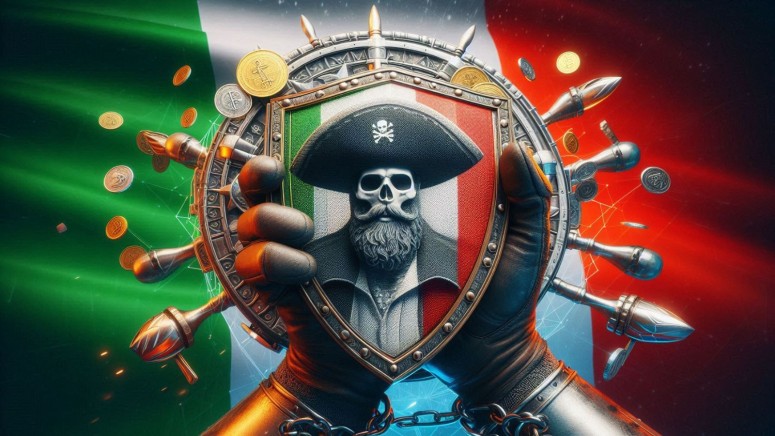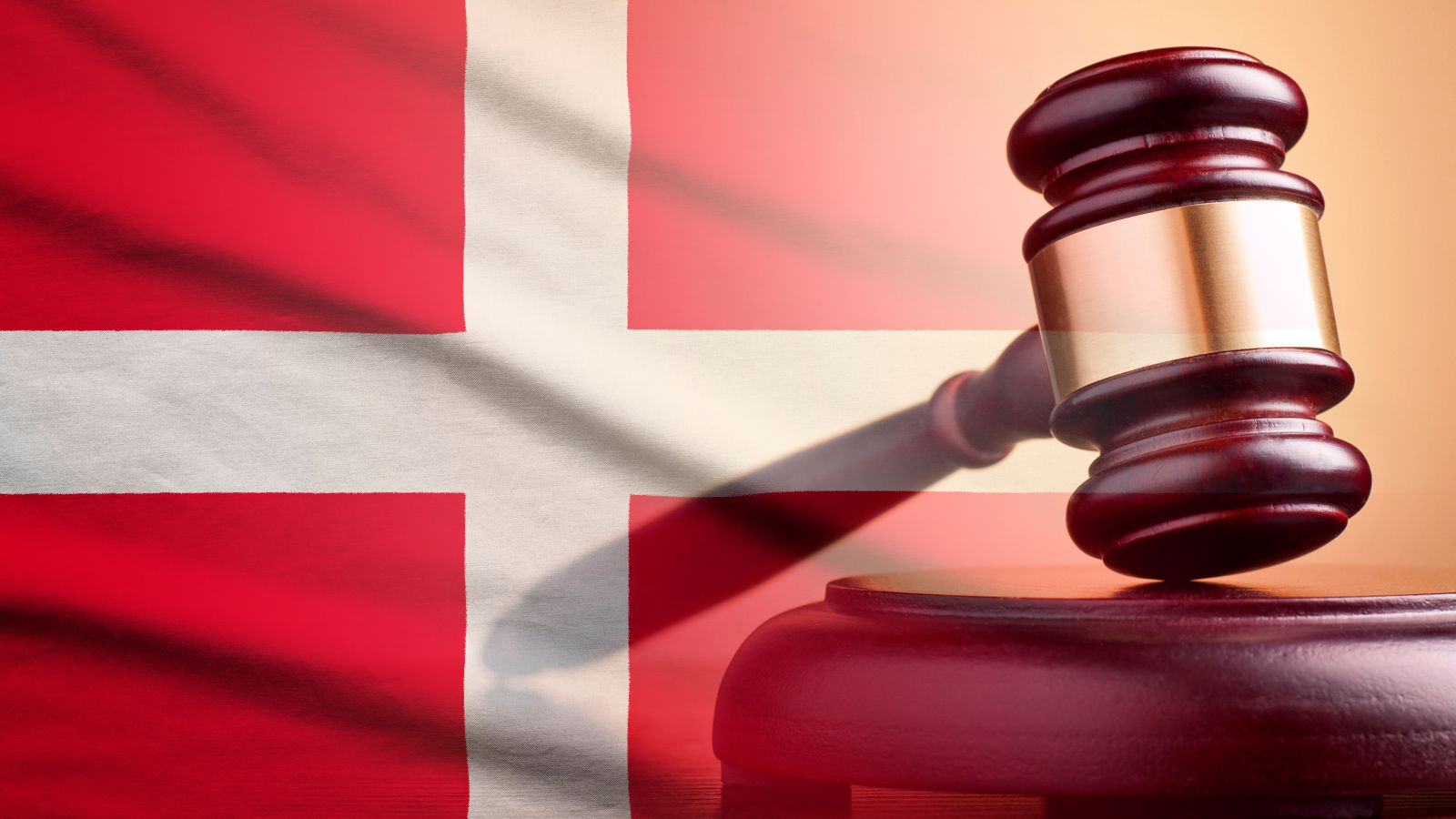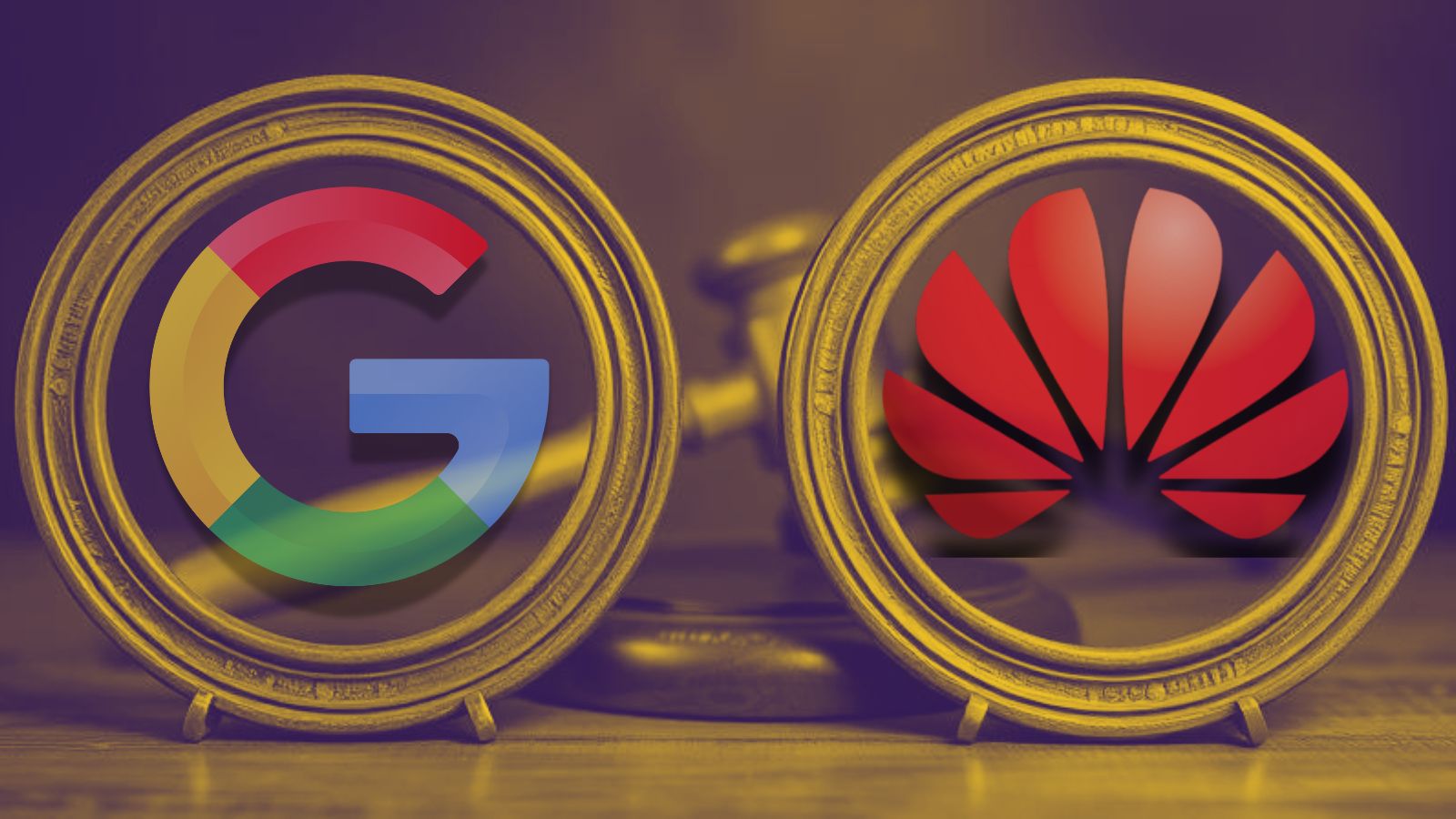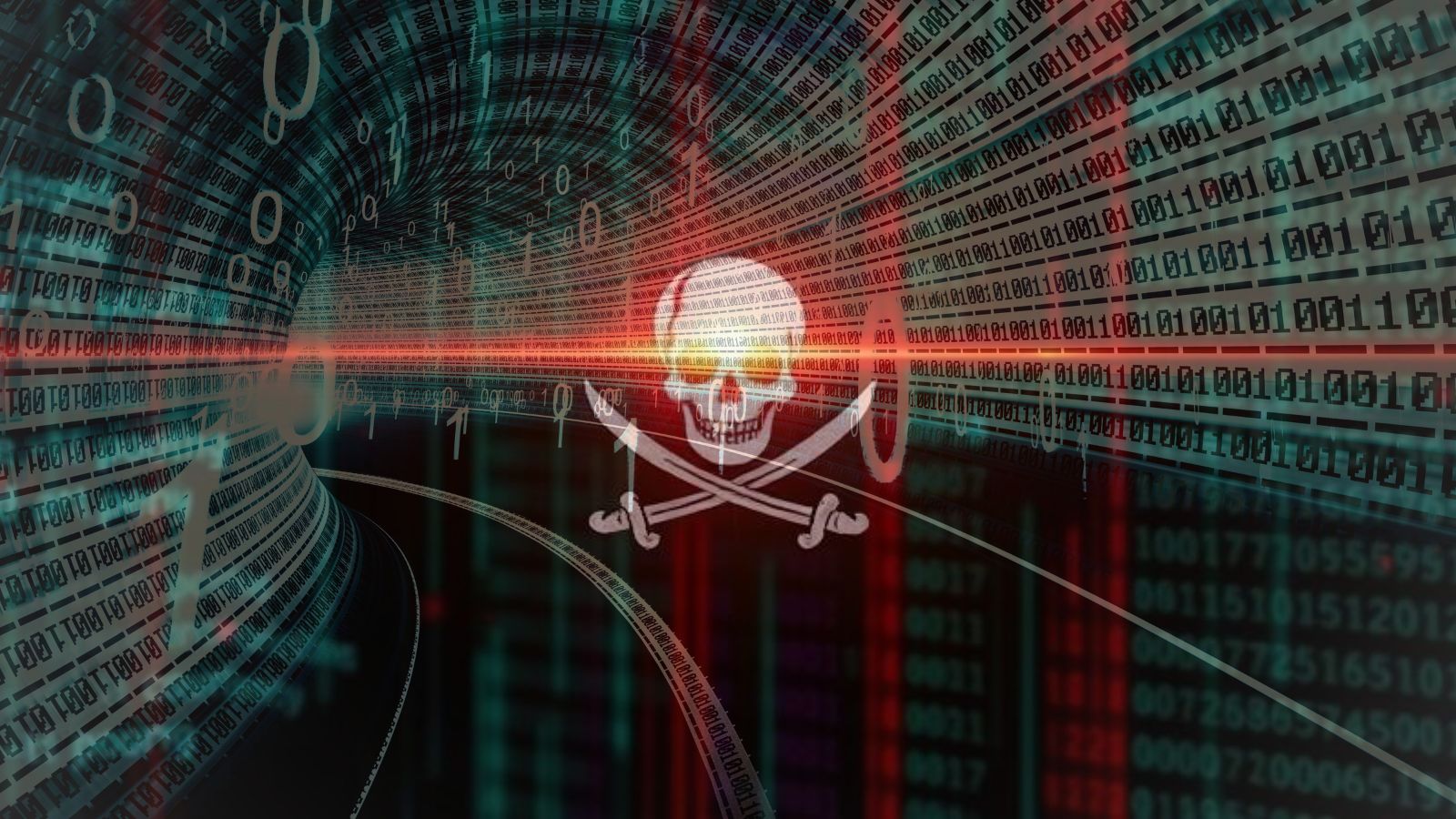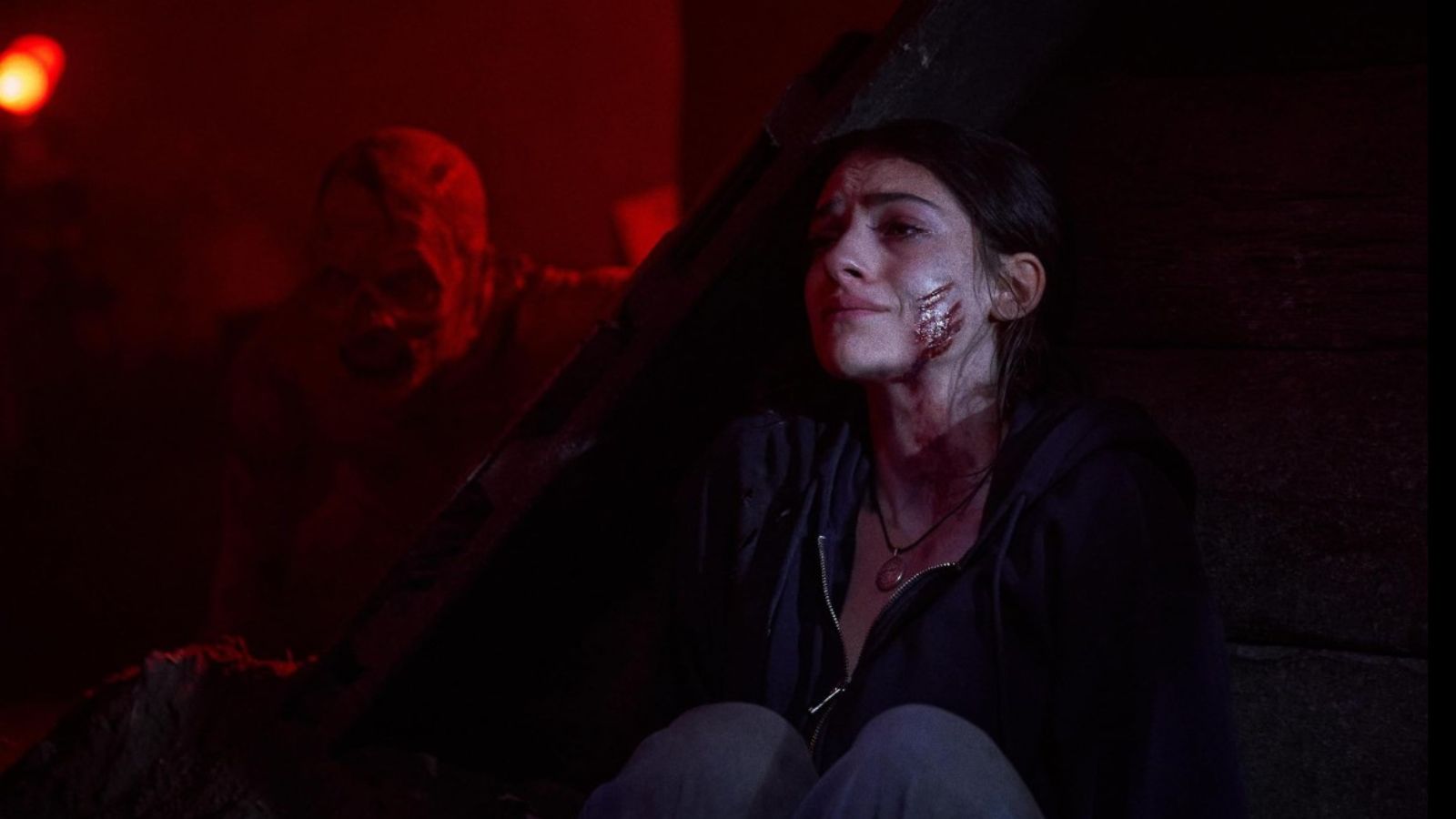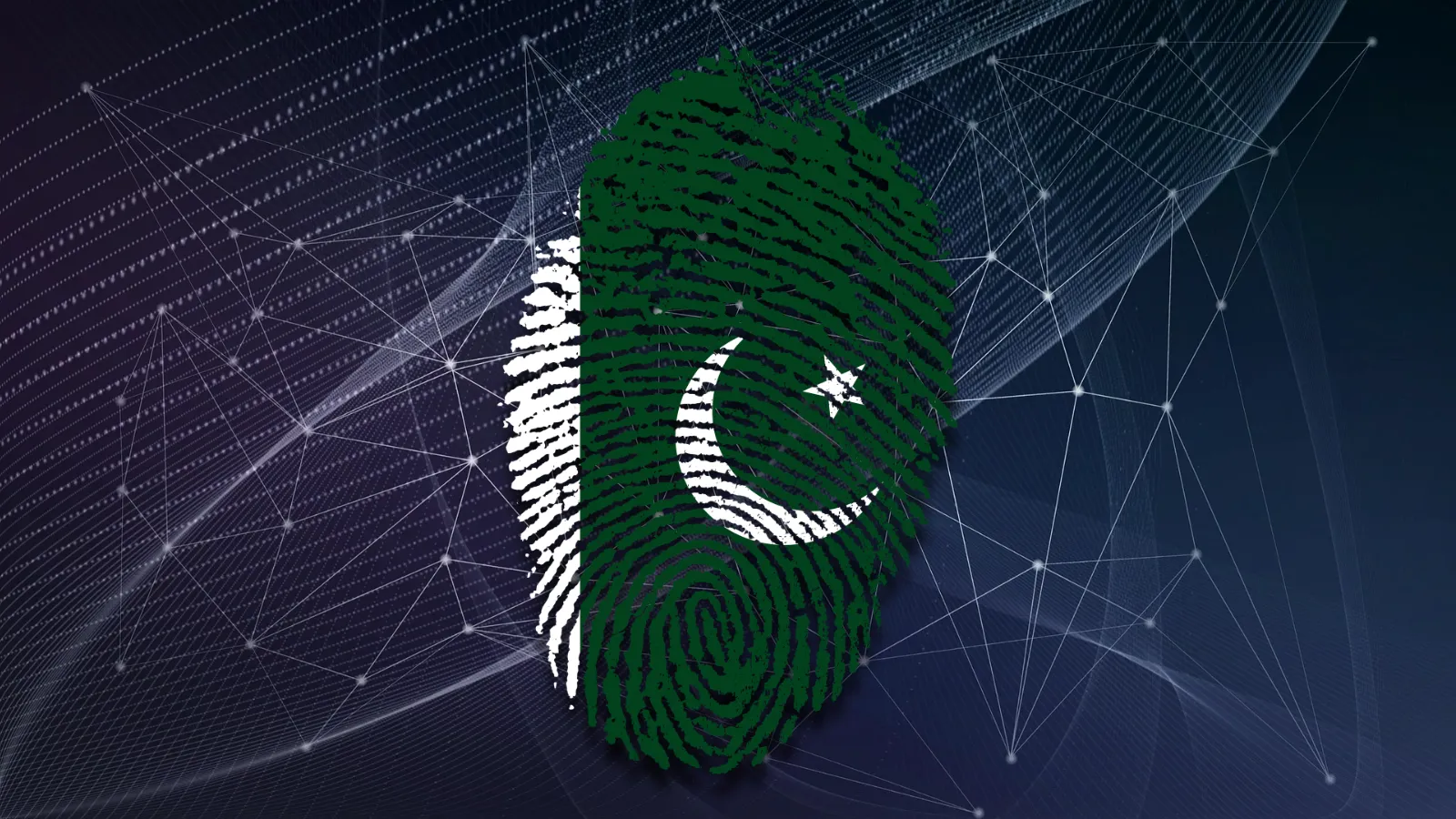
Italy’s ‘Piracy Shield’ Could Be Extended to Movies, Anti-Piracy Group Advocates
- Rightsholders push for Italy’s Piracy Shield to cover a wider range of content, including films, in a “next-gen” blocking system.
- Local anti-piracy group FAPAV wants the system to include first-run films and non-sports live TV broadcasts.
- The proposals are to be discussed in a forthcoming public consultation.
Italy’s innovative Piracy Shield system, which was launched less than a year ago to combat live sports streaming piracy, is being positioned for a significant expansion. Calls for broader applications to include other copyrighted content, such as films, are now underway.
Originally launched to prevent unauthorized access to time-sensitive live sports broadcasts, Piracy Shield got an October amendment that extended blocking requirements to VPNs and DNS services, added to a Court of Milan ruling compelling Cloudflare to enforce Piracy Shield mandates across its services.
According to AGCOM, the regulatory authority overseeing the system, continued development is planned, including updates to the legal framework and technical enhancements to the Piracy Shield platform. AGCOM has not yet confirmed whether non-live content will be explicitly included.
This potential expansion has piqued the interest of Italy’s anti-piracy association FAPAV, representing major film and media companies, including Netflix, Universal, Warner Bros, and Walt Disney.
Speaking on behalf of the organization, FAPAV President Federico Bagnoli Rossi commended Piracy Shield as a transformative tool in the fight against digital piracy.
“We hope that the new public consultation will be opened as soon as possible, aimed at extending the timeliness of intervention to other audiovisual content provided for by law, including, for example, first-run films and non-sports live television broadcasts, a measure that the sector is waiting for,” Rossi stated.
FAPAV’s push suggests the adoption of a more inclusive model, wherein non-live content, such as movies, would fall under the system’s 30-minute blocking window, presently exclusive to live events.
Since its debut in February, the Piracy Shield has blocked thousands of IP addresses and domains associated with illicit live sports broadcasts. Yet, reports of overblocking have raised concerns about transparency, accountability, and the potential impact on lawful users.

